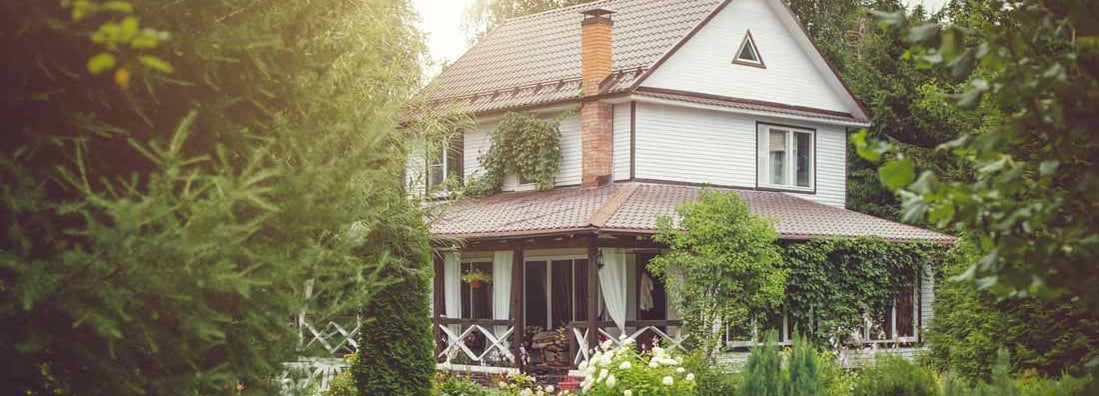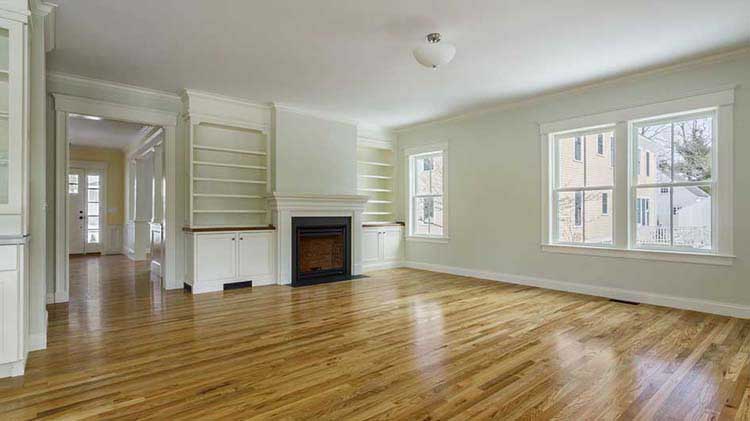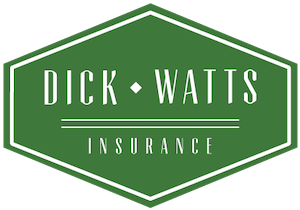
What is Vacant Home Insurance


vacant home insurance
What is Vacant Home Insurance
A vacant home can present a lot of obstacles for a homeowner and insurance company. Because of a lack of occupants, insurance companies view vacant homes as a major liability compared to a typical homeowners insurance policy.Your current insurance company may allow you to add an endorsement to insure your vacant property
How much is vacant home insurance?
Who offers vacant home insurance?
- Fire
- Lightning
- Wind
- Hail
- Windstom
- Explosion
For an additional premium you may add liability coverage and vandalism and malicious mischief. Vacant home insurance covers only the physicals structure of your home. Many vacant home policies can increase liability limits.
When do you Need a Vacant Home Insurance policy?
If you have moved out of your home and the home is currently up for sale then you may need Vacant Home. Real Estate Property Investors may be looking for a vacant home policy when they have purchased a home but do not have a tenant in the home. If a relative has passed away and you have inherited the property and the home is held by an Estate. The property is used as a seasonal or vacation home and the home is currently unoccupied. The property is a rental and you currently do not have a tenant.
Can you insure an empty house?

Vacant home insurance
Ways to protect your vacant house after moving
Keep your vacant home from falling victim to the elements, system failure, or burglary.
If your former home hasn’t sold, your vacant property could fall victim to the elements, system failure, vandalism, or burglary. Take steps to lessen the risk for potentially costly issues.
- Maintain the exterior. Don’t let your property look neglected. Make arrangements to have your lawn mowed, or in winter, your driveway shoveled. Trim branches that could fall and damage your roof during a storm, and clean out clogged gutters to avoid water damage. Check that exterior lights are working.
- Take precautions with the interior. Install working dead bolts on exterior doors, and make sure all windows are securely locked. Set your thermostat at a constant temperature (high enough in winter to prevent freezing) and replace the thermostat’s battery. Seal up pet doors to keep out pests, animals, and other potential intruders.
- Enhance the vacant property’s security. Add motion-sensor lights and entry alarms. Keep bushes trimmed to remove potential hiding places for burglars. Close the curtains and blinds to prevent people from seeing in. Use timers for lights, and consider adding a unit that simulates a flickering TV to deter criminals.
- Round up support. Enlist neighbors or friends for additional vacant property protection. Ask them to alert you of any concerns and occasionally park in the driveway to help make your home seem occupied. Notify the police and the fire department that the house will be vacant, and leave your phone number with them.
- Protect your investment. Be aware that if your home is vacant for a month or more, your homeowners insurance may not cover losses that occur while it’s vacant. You may need to add a vacancy endorsement to your policy.
